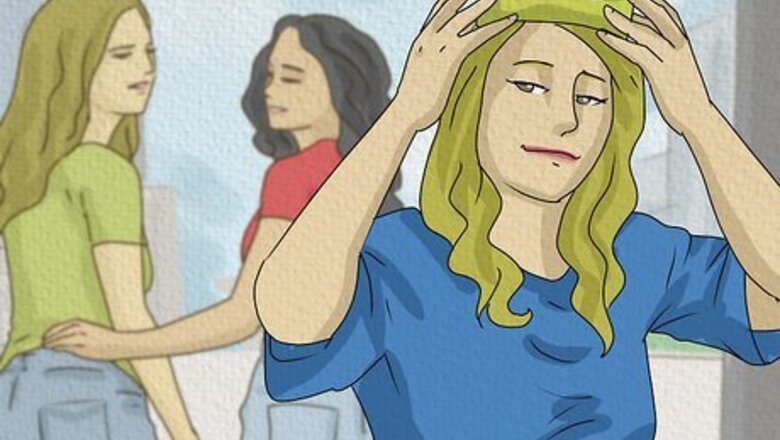
views
Learning about the symptoms

Identify which symptoms you exhibit. To improve yourself, you must first understand yourself. Learning about ASPD is essential for self-improvement and self-understanding. Going through these steps should help you to recognise which symptoms you personally have.

Check for a lack of empathy. Antisocial personality disorder is characterised by a lack of empathy. This lack, or issue with empathy leads to all the other symptoms. You might not have "no" empathy, but a limited capacity for it; still very problematic if you don't choose to change your behaviours.
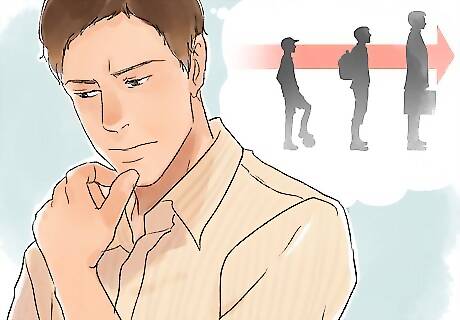
Notice superficial charm and shallowness. Do you use this charm or wit to manipulate others? This is a typical trait of antisocial personality disorder. This surface-level wit may help you get through life with ease, despite not being anything more than shallow interactions.
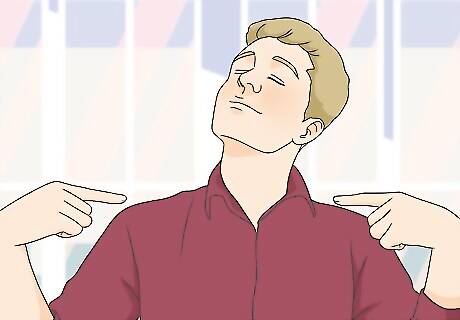
Recognise an inflated sense of self-worth. A severe sense of superiority and being heavily opinionated is highly likely in ASPD. You may not have the care to be sensitive or careful about other's feelings, treating them as more of a game than you do actual feelings.

Identify pathological lying and manipulation. You will typically have a lack of remorse or guilt surrounding this. You likely have no issues using others for your gain, or blaming them for your shortcomings. Manipulation is a part of how people interact with the world. However, you likely know how to get exactly what you need out of people through this and have no issues doing so.
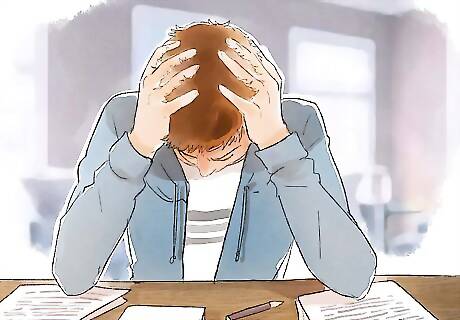
See if you are impulsive and irresponsible. Failing to fulfil work or financial responsibilities is common in people with ASPD. You may not do anything other than what you see as beneficial for yourself and tend to be bad at planning for the future. You may have poor control over your behaviours. Typically, those with ASPD also exhibit delinquency when young; conduct disorder is likely.
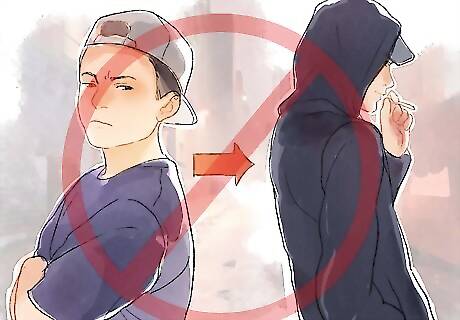
Recognise that your lack of empathy doesn't bar you from being a good person. While your internal thoughts may be different from other people's, you can still be a good person who does good things. You can build your moral code, and do your best to treat others well. Build your moral code around logic and ethics. You could study different ethical philosophies, such as Kantianism and utilitarianism, which you may find worthwhile.
Fixing relationships with others

Engage in small talk with a stranger. This should not go further than a simple "Hi, it's awful how late the trains are all the time". You're teaching yourself to keep strong opinions contained in inappropriate scenarios. Think of each social interaction as if it were on a video game. You know right from wrong, you know what your goal is. You know that to make a friendship you need to be interesting, entertaining and engaging.
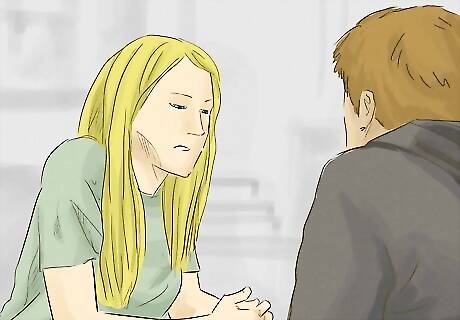
Learn to apologise. Learn to apologise for your behaviours, and if you've apologised for them, be sure to change them. An empty apology means nothing, so you will lose the trust of others if you continue to do the thing you apologised for. It's okay to explain, but try to avoid excusing your behaviour. Focus on the other person's feelings, and repairing any harm towards them.

Let yourself have fun sometimes. You shouldn't let yourself fall into the trap of isolating yourself. This will only alienate you further; your aim should be to get better. Instead, go to that party on the weekend or get drinks with your potential love interest. A diagnosis should not ruin your life prospects.
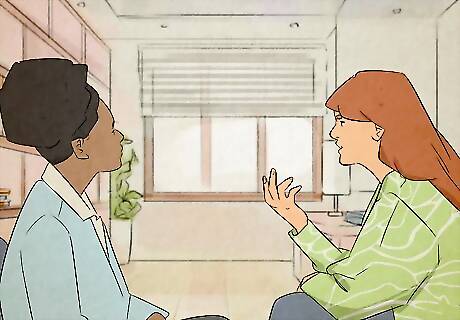
Explain to people. Tell people who matter that you have been diagnosed with antisocial personality disorder. Highlight that it does not make you some evil mastermind - you're still you, and can't help how your mind works. Promise you will try to control yourself, and confirm that you do not wish anybody any harm. For example, "I don't mean to harm people, however, I struggle with self-control and may forget to act morally." Some people may not feel comfortable getting close to you, and that's okay. Focus on the people who are interested in spending time with you.
Seeking support
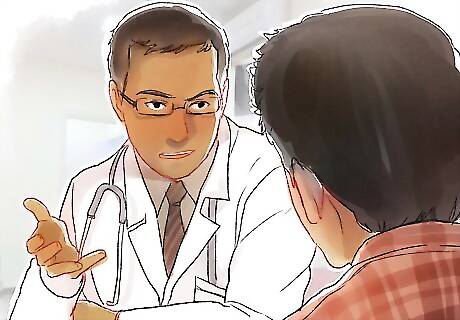
Go to a mental health professional trained in ASPD. You won't be judged unless you don't try to heal, so go to every extreme possible to return to life as normal. Getting support is an essential part of living in today's world, so please don't think of this as a personal failing, but instead an opportunity for growth.
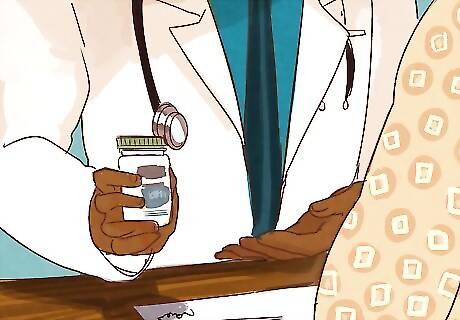
Seek treatment. Request anti-depressants or anxiety medication if you feel you need them. Be willing to try anti-psychotics. These will help you with the delusions you may be experiencing.
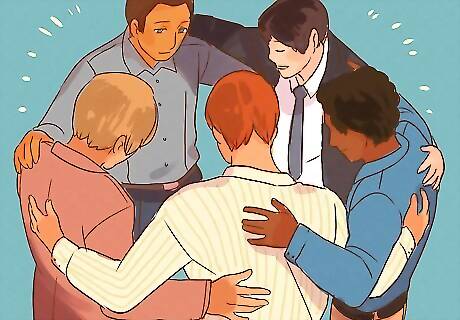
Join support groups. Joining support groups can help you understand yourself better, and feel more connected to other people. They can offer real-life advice for your disorder, whether it be an online support group or in-person.
Working on your symptoms

Practice what you want to build on. Set yourself a goal, such as "this week I will focus more on listening to others" and work at it. The more you practice it, the easier it will become. Write down a goal for something to work on. Reward yourself when you succeed in your mini-goals, and practise self-compassion.

Select another symptom, and repeat. Work your way up your list of symptoms and try to work on each one for a week. If you reveal a symptom to another person, don't let it dishearten you. You're only human and need to work on this with time. Talk to your therapist or counsellor about your symptoms and attempts to remove them. They may offer CBT techniques you can employ to change your behaviours.
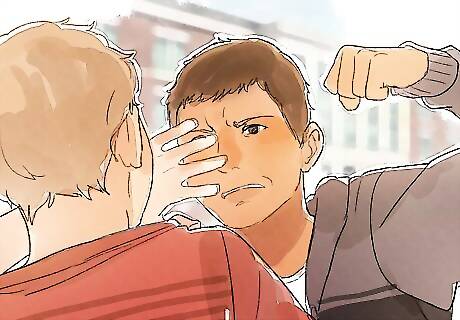
Talk to your therapist if you're scared your violence is going to impact you or someone else. Talk before it gets too late. You can't reverse a violent action, so you must get immediate help if you feel like you are going to hurt people.

Open up about any substance abuse issues. Work with your therapist towards cutting down usage. You may not want to do this; however, it is a necessary step towards healing and self growth. Choosing to recover from any addiction is a powerful, life changing decision, albeit a hard one to make.











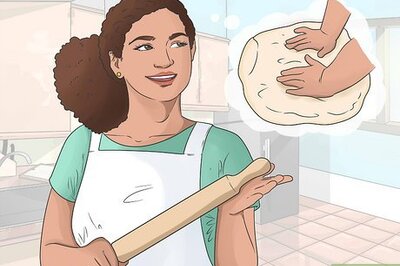



Comments
0 comment